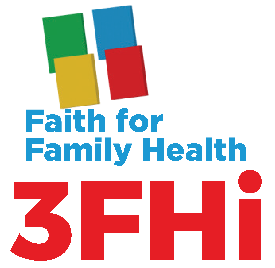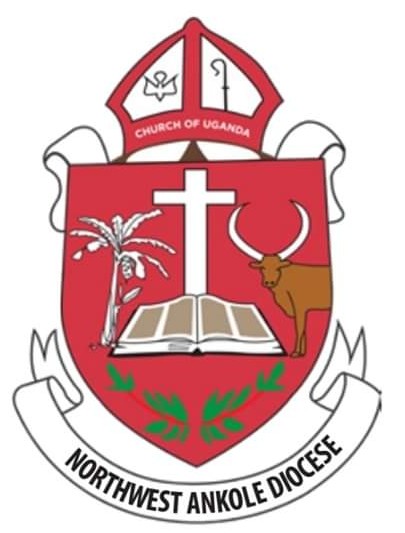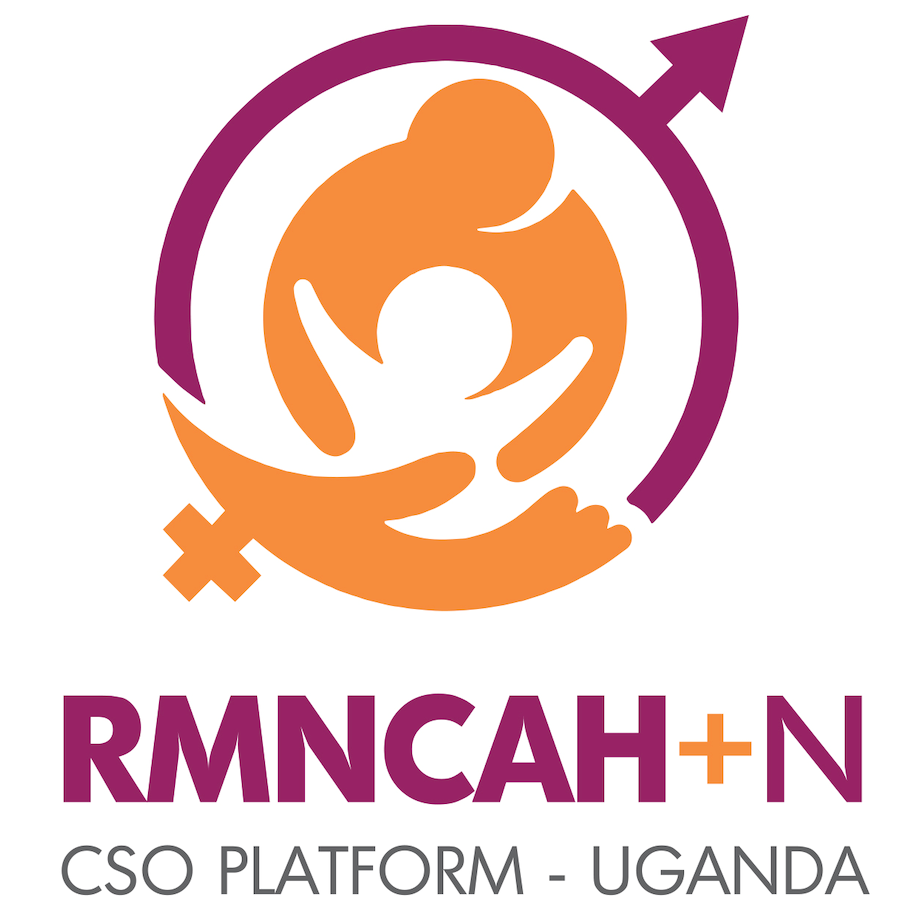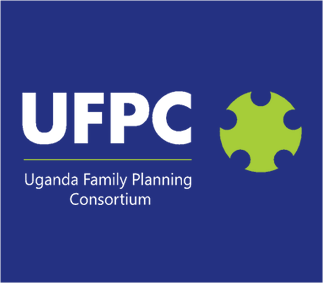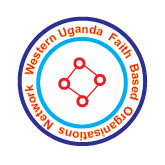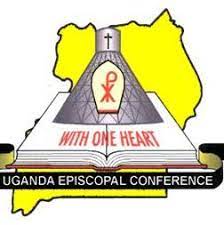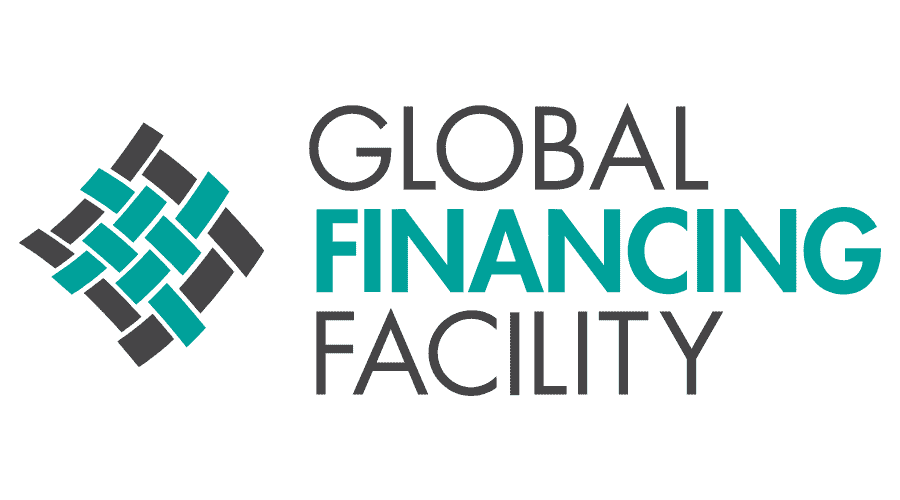Family planning is key tool for economic growth, religious leaders say
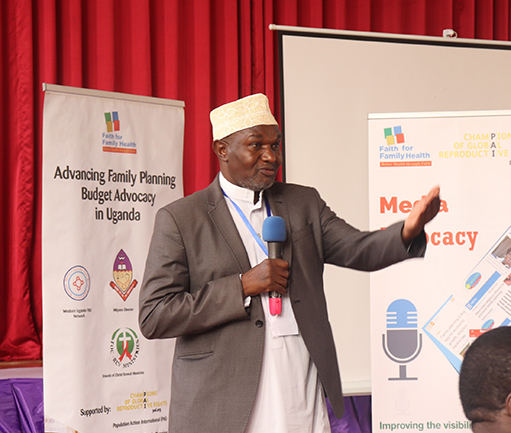
Religious leaders at the panel discussion during the National Family Planning Conference in Kampala September 19-20, 2019 Religious..
Religious leaders at the panel discussion during the National Family Planning Conference in Kampala September 19-20, 2019 Religious leaders in Uganda are in consensus that family planning is an important tool for national development and growth. At a National Family Planning Conference in Kampala recently, the religious leaders from the Catholic, Protestant, Muslim and Pentecostal factions highlighted the need for responsible procreation to reduce teenage pregnancies and maternal deaths, and increase household incomes to achieve socio-economic transformation. The religious leaders were among political leaders, academicians, government officials, and district leaders, persons with disabilities, young people and cultural leaders who attended the third annual Family Planning Conference that took place at Speke Resort and Conference Centre in Uganda’s capital Kampala on September 19-20, 2019. Under the theme: Family Planning for Socio-economic Transformation: Empowering Communities, the two-day conference provided a platform for stakeholders to strengthen advocacy for Family Planning as a tool for national development and social transformation. “The Muslim communities embrace family planning and quality families and are committed to saving the lives of mothers and children,” - the 2nd Deputy Mufti of Uganda H.E Sheikh Mohammed Ali Waiswa. In his remarks, Archbishop of the Church of Uganda Rt. Rev. Dr. Stephen Samuel Kazimba highlighted the significance of socio-economic transformation as a prerequisite for human growth and development. He said Uganda would only attain vision 2040 objectives by ensuring implementation of Family Planning 2020 and beyond commitments and by allocating more domestic resources to family planning in order to harness demographic dividend. “Empowering communities require bringing all stakeholders on board to understand why family planning is a critical issue in fighting the rampant cases of teenage pregnancies as it aims at people making the right decision by avoiding producing too early, too soon, too often and too late. This also has effects on climatic/environment change and economic growth,” the Arch Bishop said in a statement read for him by Bishop Church of Uganda Rt Rev. Amos Magezi. Representing the Roman Catholic Church, Fr. Deogratius Kateregga said that the church believes in the natural family planning paradigm to ensure that children are conceived with a reason: “We must focus on responsible procreation and responsible parenting. Spacing of pregnancies is vital as it keeps mothers safe and reduces health risks.” He said families who space births are in a better position to meet the needs of their children: “Responsible and reasonable spacing of children also contributes to ensuring education for all and promotes women empowerment,” he said. Speaking on behalf of the Islamic faith, the 2nd Deputy Mufti of Uganda H.E Sheikh Mohammed Ali Waiswa said the Muslim community is receptive to family planning as it promotes responsible parenthood. He said that under the College of Sheikhs, Muslims leaders have in consensus, developed a publication to guide clerics to that regard: “The Muslim communities embrace family planning and quality families and are committed to saving the lives of mothers and children,” he said. “It is very important to put men at centre of enhancing reproductive health, Maternal Health, Child Health and family planning services. Therefore, it is critical to have a pool of male family planning champions. Male religious leaders here with us today are a demonstration that men, we can be family planning champions,” he added. Earlier, while opening the conference, The Speaker of Uganda’s Parliament Hon. Rebecca Alitwala Kadaga elaborated on the economic cost of having big families, emphasizing that family planning is one of the ways of reducing the dependency burden and ensuring quality of life for the families. “People need to know that the responsibility of taking care of their children lies primarily on the parents…You should only have the children that you have the capacity and resources to take care of to ensure quality of life for your families and children,” she said. The Speaker also asked religious leaders to sensitize their followers about the use and benefits of family planning condemned child marriage, which she said, leads to challenges such as teenage pregnancies, which derive young girls from achieving their full potentials and dreams. In his closing remarks, UNFPA Representative Mr. Alain Sibenaler recapped the progress that Uganda has achieved in towards attainment of family planning goals and the ICPD agenda. He noted the increase in Contraceptive Prevalence Rates from 30 percent in 2000 to 39 in 2016, and the decline in unmet need for family planning from 34 percent in 2000 to 28 percent in 2016, as some of the key milestones. “More policies have been adopted and there is more presence and engagement with local district leaders, more members of parliament and more academia advocating for family planning,” he said. Mr. Sibenaler called for ‘bold, vocal and visible’ leadership at all levels - community leaders, religious leaders, members of parliament, young people, NGOs and civil society - to ensure zero unmet need for family planning and promote social change. Launching an Inter-Faith Alliance for advancing Family planning Inter-Faith Alliance for advancing Family planning in Uganda was launched by Bishop Church of Uganda Rt Rev. Amos Magezi (Centre). At the end of the two-day conference, the religious leaders committed to continue to strengthen their collaboration with all stakeholders by launching an Inter-Faith Alliance for advancing Family planning in Uganda. Established by the Faith for Family Health initiative (3FHi) in Uganda, this alliance is an inter-faith collaboration to advance policy and budget advocacy in Uganda. It brings together faith strategic partners in Uganda to sustainably fast-track realization of FP2020 commitments and targets. Its members include Faith Based Organizations like the Church of Uganda, Uganda Muslim Supreme Council, the Orthodox Church, Uganda Episcopal Conference, Born Again Faith Federation, Seventh Day Adventists, Uganda Protestant Medical Bureau, Uganda Muslim Medical Bureau, Uganda Catholic Medical Bureau, and Uganda Orthodox Medical Bureau.
